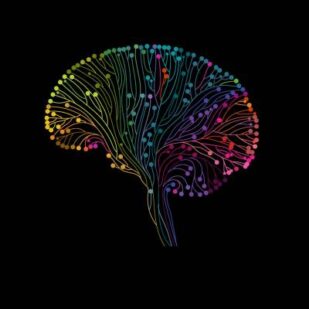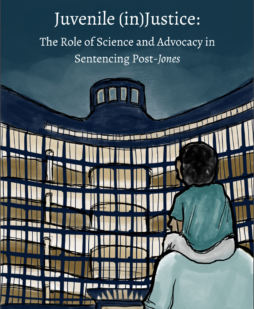May 17, 2022, 12:00 PM
Online

Online Viewing
In light of the COVID-19 pandemic, this panel discussion will be held virtually, as an online webinar. The event will be recorded, captioned, and distributed at a later date for registrants who are unable to watch live. To ensure that you receive access to the livestream and the recording, register now. We will send out a link to the livestream of the event to all registrants the day before and day of the event. Last registration is 11:30am on the day of the event.
Event Description
Advances in the scientific understanding of addiction have important implications for treatment, policy, and the law. In this panel, Eden Evins, M.D. will discuss addiction neuroscience, prognosis, and treatment. Stephanie Tabashneck, Psy.D., J.D. will then lead a discussion on the role of addiction science in judicial and legal decision making at the intersection of science and the law.
Join the conversation or submit questions on Twitter @PetrieFlom using #LawAndNeuro.
Panelists
- Introduction: Carmel Shachar, Executive Director, Petrie-Flom Center
- Eden Evins, M.D., Director, MGH Center for Addiction Medicine and Cox Family Professor of Psychiatry, Harvard Medical School
- Stephanie Tabashneck, PsyD, JD, Senior Fellow in Law and Applied Neuroscience, CLBB and the Petrie-Flom Center





